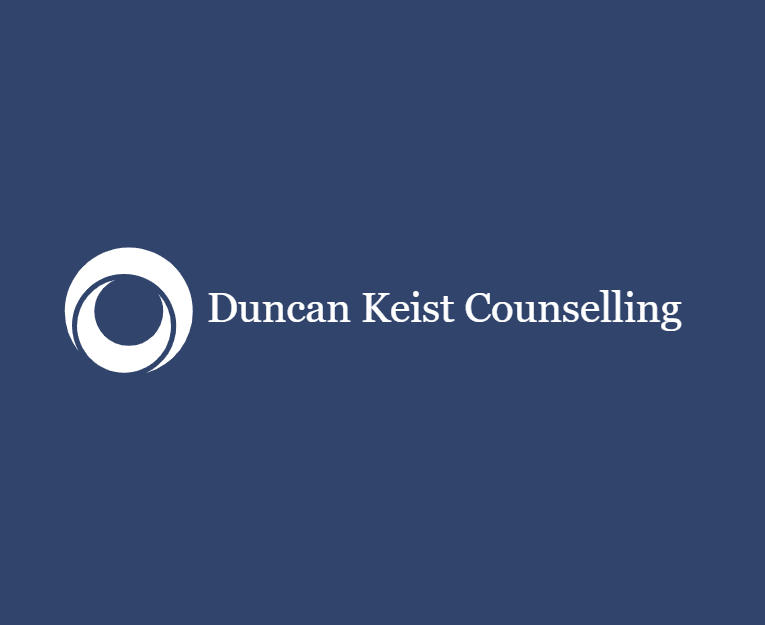The Future of Counselling: Trends and Innovations in Mental Health Care
The field of counselling and mental health care is constantly evolving, with new trends and innovations shaping the future of therapy. As society's understanding of mental health deepens, so does the need for more effective and accessible counselling services. In this post, we'll explore some of the key trends and innovations that are shaping the future of counselling.
Technology Integration
One of the most significant trends in counselling is the integration of technology into therapy practices. Teletherapy, or online counselling, has become increasingly popular, allowing individuals to access counselling services from the comfort of their own homes. This trend has been accelerated by the COVID-19 pandemic, which has highlighted the importance of remote mental health support.
Holistic Approaches
Counselling is moving towards more holistic approaches that consider the interconnectedness of mental, emotional, and physical well-being. Therapists are incorporating techniques such as mindfulness, yoga, and nutrition counselling into their practices to address the whole person, not just their mental health symptoms.
Personalized Treatment Plans
Therapists are increasingly recognizing the importance of personalized treatment plans tailored to each individual's unique needs. This trend involves a shift away from one-size-fits-all approaches and towards more personalized interventions that take into account a person's background, culture, and specific challenges.
Artificial Intelligence and Data Analytics
The use of artificial intelligence and data analytics in counselling is an emerging trend that has the potential to revolutionize mental health care. These technologies can help therapists identify patterns and trends in their clients' behavior, leading to more targeted and effective interventions.
Increased Focus on Prevention
Another important trend in counselling is the shift towards a greater focus on prevention and early intervention. Therapists are working to identify and address mental health issues before they escalate, ultimately reducing the burden on the healthcare system and improving outcomes for individuals.
Collaborative Care Models
Collaborative care models, which involve the integration of mental health services into primary care settings, are gaining traction. This trend aims to provide more seamless and comprehensive care for individuals by addressing both their physical and mental health needs in one setting.
Emphasis on Diversity and Inclusion
Counselling is increasingly embracing diversity and inclusion, with a focus on providing culturally competent care to individuals from all backgrounds. Therapists are recognizing the importance of understanding the unique experiences and needs of diverse populations and are working to create more inclusive and welcoming environments for all clients.
Conclusion
The future of counselling is bright, with these trends and innovations paving the way for more effective, accessible, and inclusive mental health care. By embracing technology, personalized approaches, and a holistic view of mental health, therapists are poised to make a meaningful impact on the well-being of individuals and communities.
```



